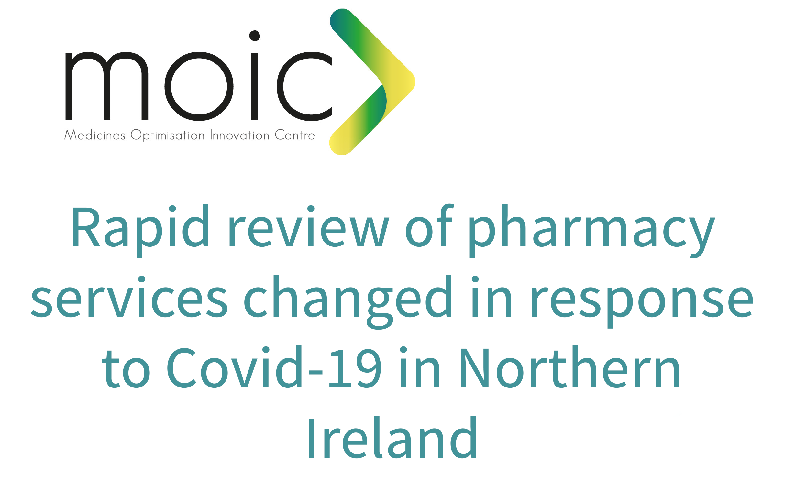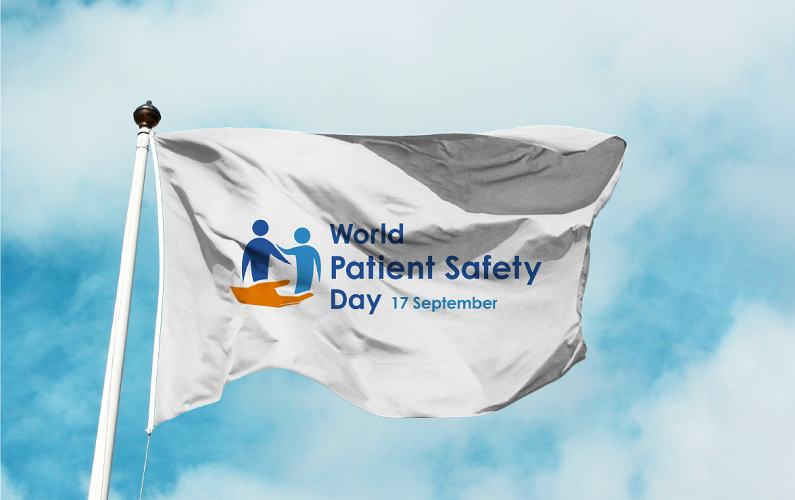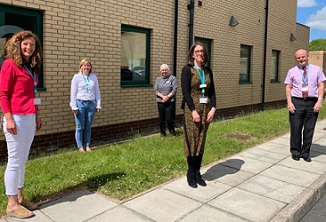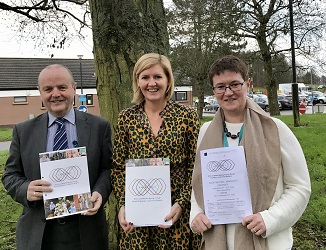The Medicines Optimisation Innovation Centre (MOIC) hosted within the Northern Health and Social Care Trust and Ulster University have recently joined a major innovative inter-disciplinary health research project aimed at helping Europe’s ageing population to live actively and independently at home in their communities with the support of assisted living technology.
Funded by the European Commission under Horizon 2020, the research project has a value of €21 million and consists of a consortium of 36 partners across 14 European countries, and will run for four years. Led by the ALL (Assisting Living & Learning) Institute at Maynooth University, it is the largest European Commission funded health research grant to ever be led by an Irish university. The SHAPES acronym stands for Smart and Healthy Ageing through People Engaging in supportive Systems.
Citizens in a rapidly ageing European population are at greater risk of cognitive impairment, frailty and multiple chronic health conditions with considerable negative consequences for their independence, quality of life and for the sustainability of health and care systems. To help address this the SHAPES research aims to foster the large-scale deployment of integrated digital solutions which will bring greater independence and improved quality of life to citizens while demonstrating significant efficiency gains in health and care delivery across Europe.
Professor Mike Scott, MOIC commented:
“Very excited to be collaborating with a wide range of partners across 14 European countries on this project to improve Smart and Healthy Ageing. This is the first time MOIC have been involved in such a large scale project to improve healthcare and promote independence in an ageing community.”
The team from MOIC also includes Dr Glenda Fleming and Dr Claire Scullin
Professor Dewar Finlay, Engineering Research Director at Ulster University said:
“Ulster University is a recognised leader in data analytics and healthcare technology research. Caring for an ageing population is one of the biggest challenges we face as a society. Smart technologies are helping to move care out of hospital and into the home, reducing pressure on the healthcare system.
“We are delighted to partner with organisations across Europe on this vital research project to improve the lives of older people here in Northern Ireland and the rest of Europe. Our role in the SHAPES project spans a number of aspects of healthcare technology development including UX engineering, data analytics, ecosystem business models, impact assessment and activities relating to the development of health technology standards and interoperability.”
The multidisciplinary team from Ulster is made up Professors Dewar Finlay and Jim Mclaughlin from the School of Engineering, Dr Shirley Davey (Ulster Business School) and Dr Raymond Bond and Dr Mark Donnelly from the School of Computing.






